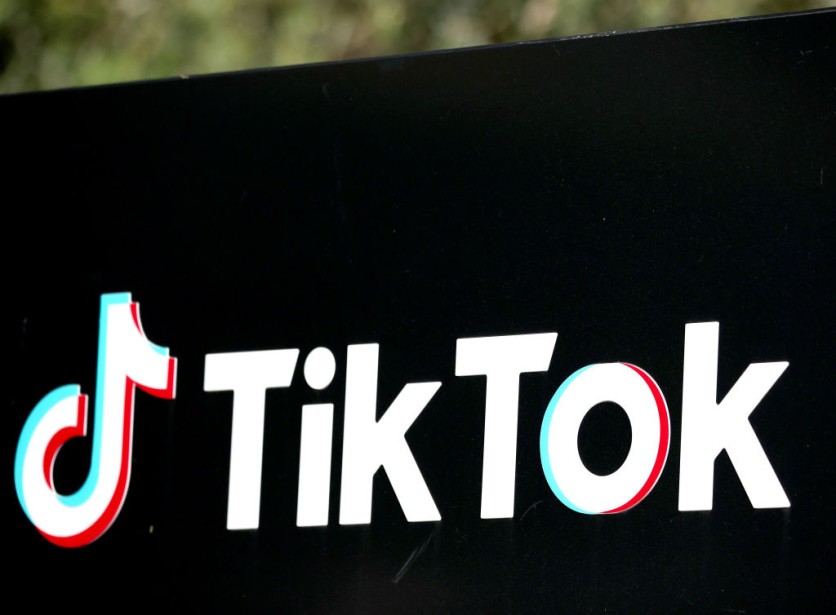Young voters on TikTok are now being recommended various election-related misinformative content, such as memes and artificial intelligence-generated fakes, as found by a BBC project.
Research into the content pushed by social media algorithms has discovered that young people on TikTok are being exposed to inaccurate and controversial content. Everyone reportedly shares it, including comedians, political activists, students, and anonymous bot-like accounts.

Videos with hundreds of millions of views have spread false information, including the absurd assertion that Rishi Sunak called for an early election in response to a serious crisis and that Sir Keir Starmer was the reason Jimmy Savile, a serial pedophile, was not prosecuted.
AI-generated videos that spread false information involve a promise made by UK Prime Minister Rishi Sunak to provide 18-year-olds with national duty, inaccurately implying that young people will be deployed to the active conflict zones in Gaza and Ukraine.
Although the subtitles for some of them characterize them as satire or parodies, the comments suggest that some users are unsure which assertions are true.
In preparation for the UK general election, TikTok informed sources that it had upped its commitment to debunking false material. This included using AI-labelling technology and adding a fact-checking specialist to its already-existing resources.
The films were discovered as a part of the BBC's Undercover Voters project, which, using information and analysis from the National Centre for Social Research (Natcen), has produced profiles for 24 made-up individuals on all the main social media platforms.
Following the previous election, TikTok has experienced tremendous growth. In 2023, 10% of adults in the UK used it as their primary source of news, making it the fastest-growing news source for the second year in a row, according to media watchdog Ofcom. It is also the most significant news source, according to 10% of teenagers.
TikTok Safeguards Against Misinformation
The ByteDance-owned app TikTok also amended its "For You feed Eligibility Standards" page in April, outlining various new guidelines that went into force on May 17. Stricter laws aimed at combating the spread of false information on current affairs and health are among these adjustments.
At the time, TikTok's goal was to prevent users from disseminating inaccurate or misleading information that could endanger public health. The network will also strictly prohibit the sharing of recycled content, including false material shown out of context.
UK on TikTok Against Misinformation
Around the same month, the UK government was urged to combat misinformation using TikTok. According to members of the cross-party committee on culture, media, and sport, the government at the time needs to adjust to new platforms and apps that appeal to youth who are progressively moving away from traditional news sources.
The committee stressed the significance of a well-defined government strategy to engage and adjust to younger generations, especially in light of the swift advancement of information sources and the widespread emergence of novel applications and platforms.
Related Article : TikTok to Start Labelling AI-Generated Content Amid Misinformation, Transparency Concerns

ⓒ 2025 TECHTIMES.com All rights reserved. Do not reproduce without permission.

![Best iPads that Students Can Use in School [2025]](https://d.techtimes.com/en/full/461431/best-ipads-that-students-can-use-school-2025.jpg?w=184&h=103&f=516289300e12e9647ef3d5bd69f49b70)


